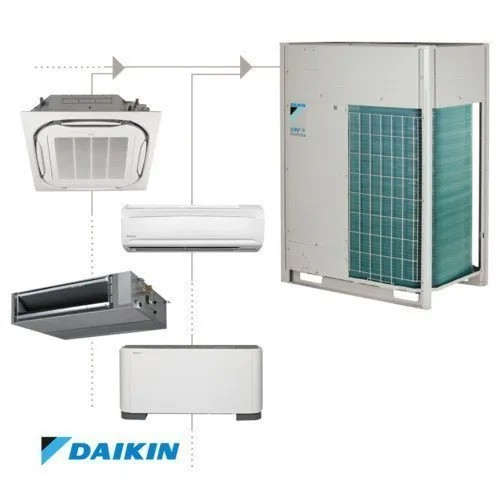Is portable AC a good option? Portable air conditioners (PACs) offer a tempting solution for staying cool on hot days. They boast portability, easy installation, and the ability to cool specific areas without a central air conditioning system. However, before you rush out to buy one, it’s crucial to weigh the pros and cons to see if a PAC aligns with your needs and living situation.
Advantages of Portable ACs:
- Versatility and Mobility: Their biggest advantage is their flexibility. Unlike central ACs, PACs can be moved from room to room, cooling down the spaces you use the most. This is ideal for apartments, dorms, or homes without built-in AC.
- Easy Installation: PACs typically require no professional installation. They come with window venting kits that expel hot air, and some might even have exhaust hoses that can be directed out a door or window.
- Zoned Cooling: If you only need to cool specific areas, a PAC can be a more energy-efficient option than running a central AC for the entire house. This can be especially helpful if certain rooms get uncomfortably warm while others stay cool.
- Additional Features: Many PACs offer features beyond just cooling. Some models can function as dehumidifiers, air purifiers, or even have fan modes for better air circulation.
Disadvantages of Portable ACs:
- Cooling Capacity: PACs are generally less powerful than central AC units. They are sized based on British Thermal Units (BTUs), and choosing the right size for your room is crucial. An undersized unit won’t effectively cool the space, while an oversized unit will be inefficient and expensive to run.
- Energy Efficiency: While some PACs are becoming more energy-efficient, they generally use more energy per BTU of cooling compared to central ACs. This is because they vent cool air out the window, losing some of the cooling effect.
- Noise Level: PACs can be noisy, with some models generating decibel levels comparable to a loud conversation. This can be disruptive in bedrooms or quiet areas.
- Window Venting: Portable ACs require a window to vent hot air. This can be inconvenient or even impossible in some situations, like high-rise apartments or buildings with window restrictions.
- Maintenance: Like any appliance, PACs require regular maintenance, such as emptying the condensate water tank and cleaning the air filters.
Here are some additional factors to consider before buying a Portable AC:
- Room Size: Measure the square footage of the room you want to cool and choose a PAC with the appropriate BTU capacity.
- Noise Level: Check the decibel rating of the PAC and consider if it will be disruptive in your living space.
- Features: Decide if additional features like dehumidification or fan modes are important to you.
- Window Access: Ensure you have a window suitable for venting the hot air.
- Energy Efficiency: Look for PACs with an Energy Star rating for better efficiency.
- Cost: Consider the upfront cost of the PAC, as well as the ongoing cost of electricity to run it.
Portable ACs vs. Window ACs:
Portable ACs are often confused with window ACs. Window ACs are permanently installed in a window frame and typically offer more cooling power for a smaller price tag. However, they lack the portability of PACs and require permanent modification to your window.
Conclusion
Portable air conditioners can be a convenient solution for spot cooling specific areas. However, they are not a one-size-fits-all solution. Consider your needs, space limitations, and budget before making a purchase. If you have a large space or require powerful cooling, a central AC system might be a better long-term investment.
By carefully considering the pros and cons, you can decide if a portable air conditioner is the cool option for your situation.
Looking to install a commercial HVAC System or Duct work in your Business Area?
Contact Vipul Ac to learn about our HVAC Service
Call +91 9825636606 Today.


